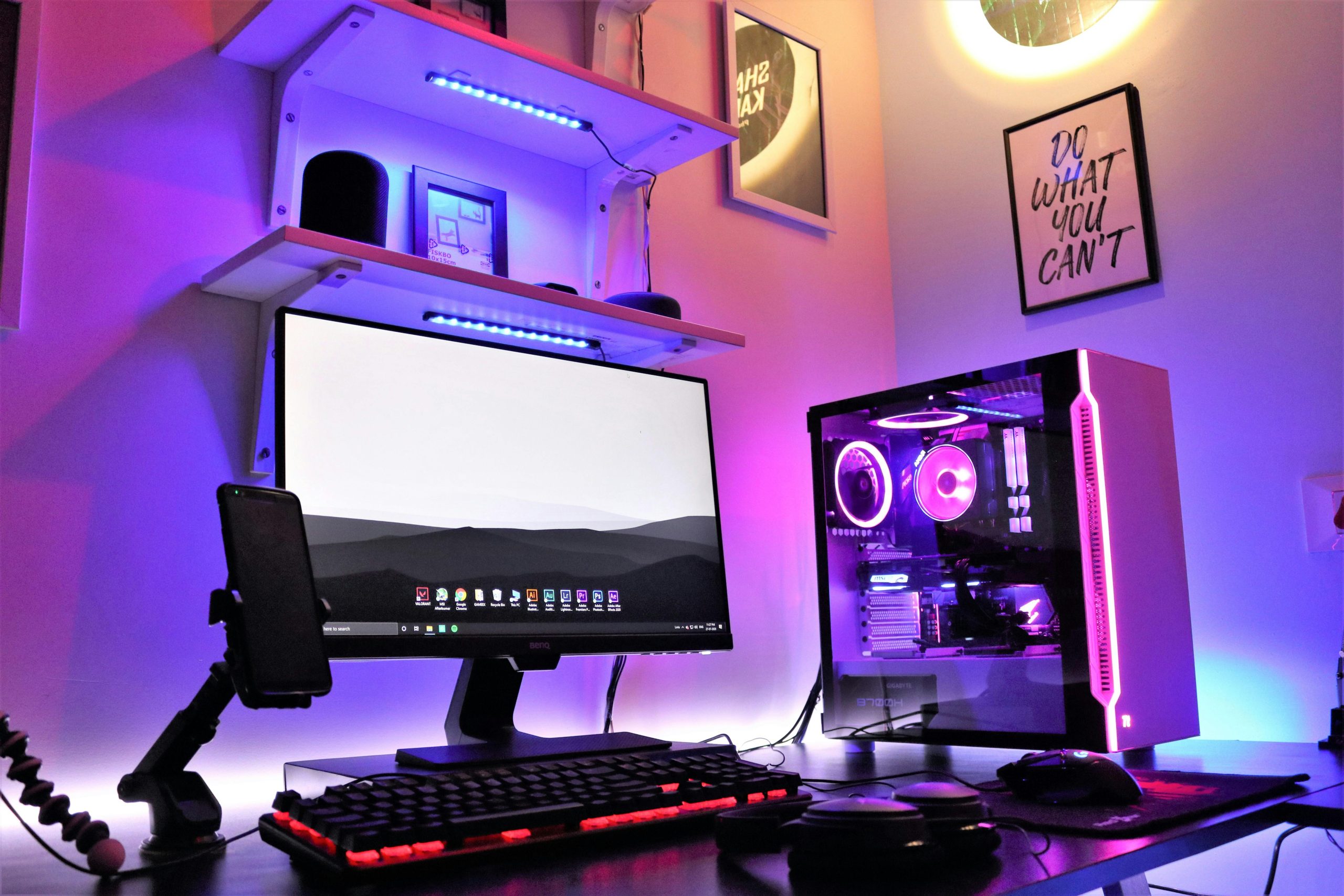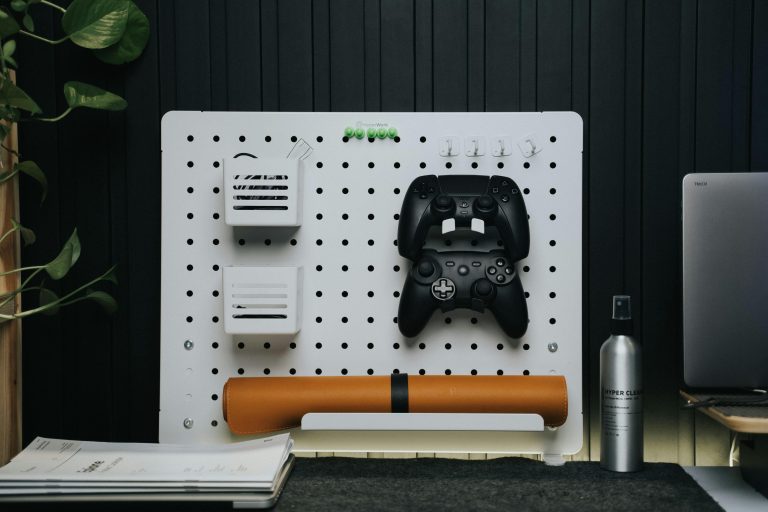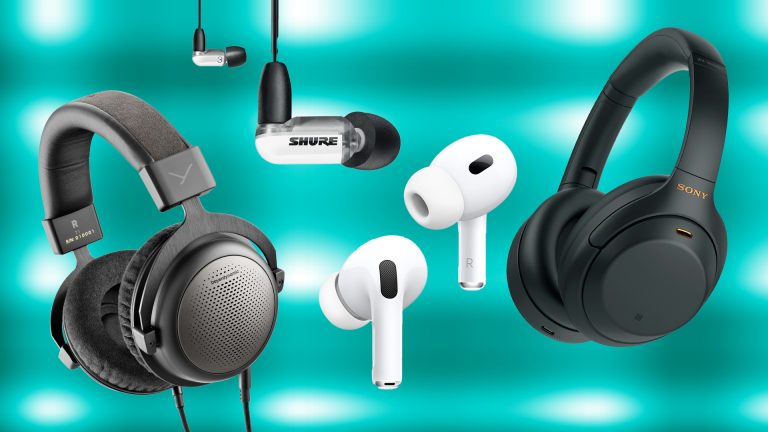The Ultimate Guide to Gaming PCs: Elevate Your Gaming Experience
In the ever-evolving world of gaming, having the right setup can make all the difference. Gaming PCs, with their powerful components and customizable options, are at the forefront of delivering engaging experiences. Whether you’re a casual gamer or a competitive pro, understanding what to look for in a gaming PC is essential. In this blog, we’ll explore the key components, benefits, and tips for choosing the perfect gaming PC.
Why Choose a Gaming PC?
- Performance: Gaming PCs are designed with high-performance components that provide faster processing speeds, better graphics, and smoother gameplay. Unlike consoles, PCs can be customized and upgraded to keep up with the latest gaming demands.
- Customization: One of the biggest advantages of gaming PCs is their ability to be tailored to your specific needs. From graphics cards to cooling systems, you can choose components that suit your gaming style and preferences.
- Graphics Quality: With the right hardware, gaming PCs can deliver stunning graphics and resolutions that enhance the overall gaming experience. Whether you’re exploring vast open worlds or engaging in fast-paced multiplayer games, the visual fidelity is unmatched.
- Versatility: Gaming PCs aren’t just for gaming; they can also handle productivity tasks, content creation, and multimedia. This versatility makes them a valuable investment for any tech-savvy individual.
Key Components of a Gaming PC
- CPU (Central Processing Unit): The brain of your PC, the CPU determines how quickly your system can process information. Look for multi-core processors from reputable brands like Intel or AMD for optimal performance.
- GPU (Graphics Processing Unit): This is one of the most critical components for gaming, as it affects the quality of graphics in games. A powerful GPU allows you to play games at higher resolutions and settings.
- RAM (Random Access Memory): Adequate RAM ensures smooth multitasking and performance during gameplay. For gaming, 16GB is typically recommended, though more demanding titles may benefit from 32GB.
- Storage: Speed matters when it comes to loading times. Solid State Drives (SSDs) provide faster data access compared to traditional Hard Disk Drives (HDDs). A combination of both (an SSD for the operating system and an HDD for storage) is often the best solution.
- Cooling System: High-performance components generate heat, so a good cooling system is essential to maintain performance and longevity. Consider options like liquid cooling or high-quality air cooling systems.
Tips for Choosing the Right Gaming PC
- Assess Your Needs: Determine what type of games you play and how often. Casual gamers may not need the highest-end components, while competitive gamers should prioritize performance.
- Set a Budget: Gaming PCs can range from budget-friendly to high-end. Setting a budget helps narrow down your options and prevents overspending.
- Research Brands and Reviews: Look for reputable brands and read customer reviews to understand the performance and reliability of the gaming PCs you’re considering.
- Future-Proofing: Technology evolves quickly. Choose components that allow for upgrades in the future, ensuring your PC remains capable of handling new games.
- Consider Pre-built vs. Custom-built: Pre-built gaming PCs offer convenience, while custom-built PCs give you complete control over components. Weigh the pros and cons based on your technical expertise and preferences.



